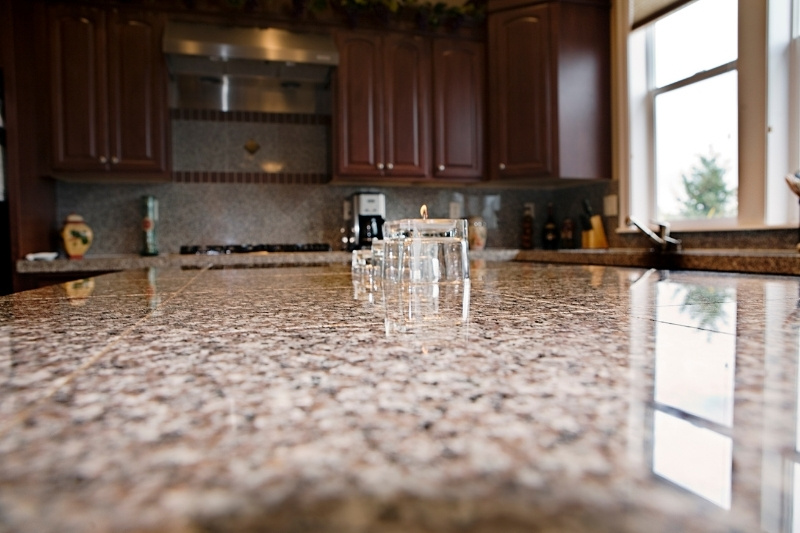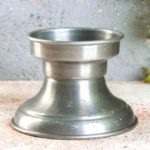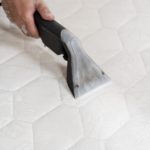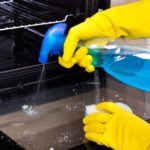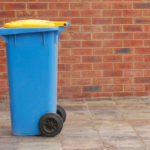Silestone quartz countertops are one of the most popular types of worktops in the UK, and it’s not hard to see why.
Their durability, various colour options and high resistance to stains make them an appealing addition to anyone’s kitchen.
However, once you have one, you may be asking…how do I keep it clean?
Why Keeping Countertops Clean Is Important
We all know why it’s necessary to keep our homes clean. No one wants to live in a dirty home and the kitchen is the top priority when it comes to hygiene.
The kitchen is the place where food is stored and more importantly, in the case of worktops, prepared for consumption. It should be no surprise then that keeping these surfaces clean is extremely important.
Unclean countertops are not only an unappealing sight, they can also be dangerous to our health.
This is especially true if foods such as raw meat and eggs have been prepared in the same place as cooked food, which increases the potential risk of food poisoning.
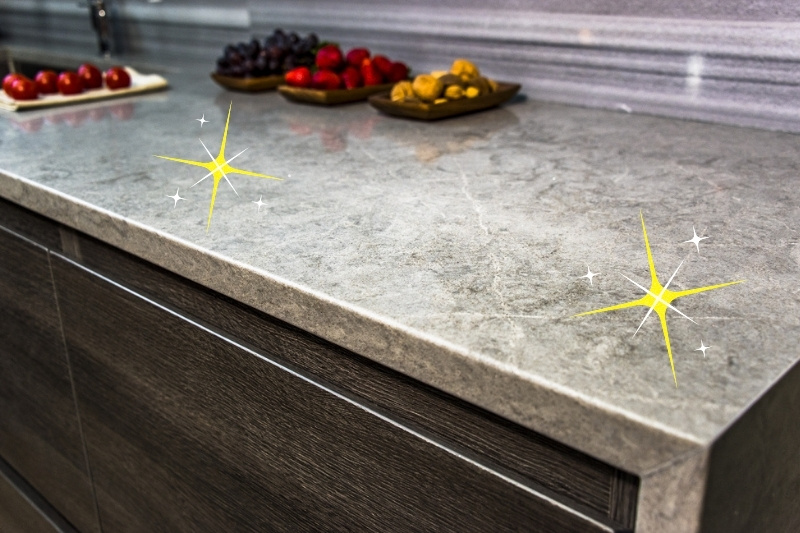
Day-to-Day Cleaning
One of the main benefits of Silestone quartz countertops is that they are very easy to clean.
For simple day-to-day cleaning, all you need is a cloth, water and some washing up liquid. You can clean the countertop using this simple method:
- Wet a damp cloth with water and a small amount of washing up liquid. Make sure you use a soft cloth and not one with a scratch scouring pad or steel wool.
- Wipe the countertop down.
- Rinse the cloth and wipe the surface again to remove any excess washing up liquid.
- Dry the surface with a towel if necessary
Stain Removal
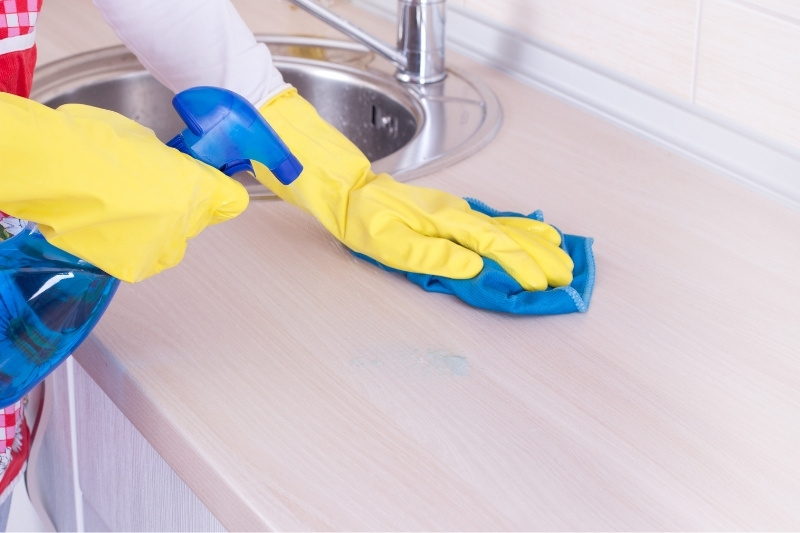
Thankfully, it is very difficult to permanently stain a Silestone countertop, but stains can still occur.
Due to its non-porous nature and high density, Silestone does not easily absorb water and therefore does not require sealing, unlike other types of countertops such as those made from natural stones like marble and granite.
However, if you do come across a stubborn stain, there are ways to remove it.
Limescale and hard water stains
To remove build-up from limescale or hard water, make a paste using one part bicarbonate of soda and one part white vinegar.
Apply it to the surface and let it sit for 10 to 20 minutes before wiping it off with a wet sponge or soft cloth.
If this doesn’t completely get rid of the stain, repeat the process as many times as needed to get rid of it.
Grease stains
For grease stains, a specialised countertop cleaner like HG Natural Stone Worktop Cleaner should do a good job.
Apply the cleaning product to a cloth or non-scratch scouring pad and rub for a couple of minutes before rinsing it off with water.
Hard dried spills
If your countertop has some spills that have dried hard, for example from food or paint, you can remove them by carefully scraping them off with a knife or razor blade.
When doing this, you need to be very careful not to scratch the surface. Any leftover bits that don’t come off with the knife can be rinsed off with water.
Tough stains
Tough stains can be removed using any of the following products:
- Vinegar
- Rubbing alcohol
- Paint thinner or lacquer thinner
- Ammonia
All of these options can be applied using the same method:
- Simply grab a cleaning cloth, apply your cleaner of choice and apply the cleaning solution to the stain.
- Leave it for around 10 minutes.
- Then, rub away the stain and dry your countertop.
Vinegar is the cheapest, weakest and safest stain-removal option, but if it doesn’t work then the other options are worth a shot.
Products You Shouldn’t Use on Silestone
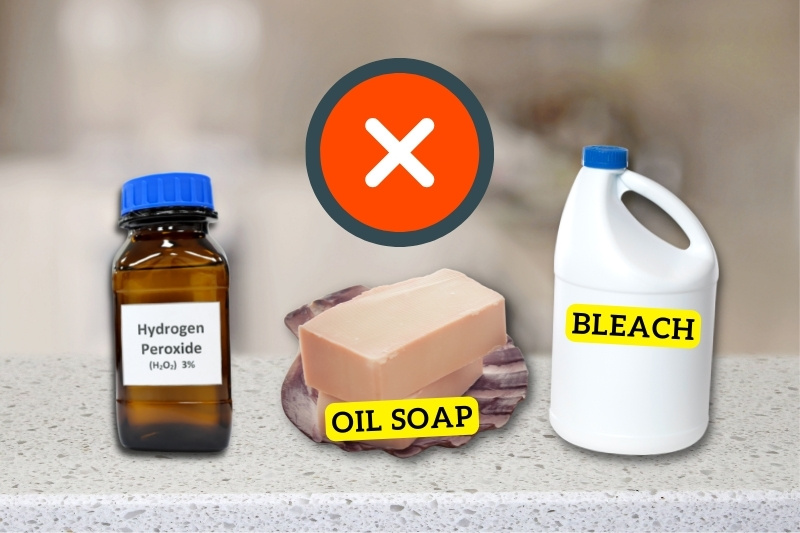
Silestone is one of the most resilient materials used for countertops. However, that doesn’t mean it can’t be damaged.
Some cleaning products are unsuitable for use on Silestone, including:
-
- Undiluted bleach – Bleach will stain Silestone if it is left on the surface for over two hours. However, you can use diluted bleach as long as you rinse it of the surface shortly after applying it.
- Oven or grill cleaner products – These can discolour Silestone.
- Products containing hydrogen peroxide
- Oil soaps
Nobody wants to have to replace their kitchen worktop, especially due to an avoidable mistake. Using these products could cause permanent damage to your Silestone countertop.
Always check what chemicals your cleaning products contain and whether or not they are suitable.

In The Wash is your guide to the best laundry and cleaning products, tips and tricks. Our mission is to solve the UK’s cleaning and laundry dilemmas!
